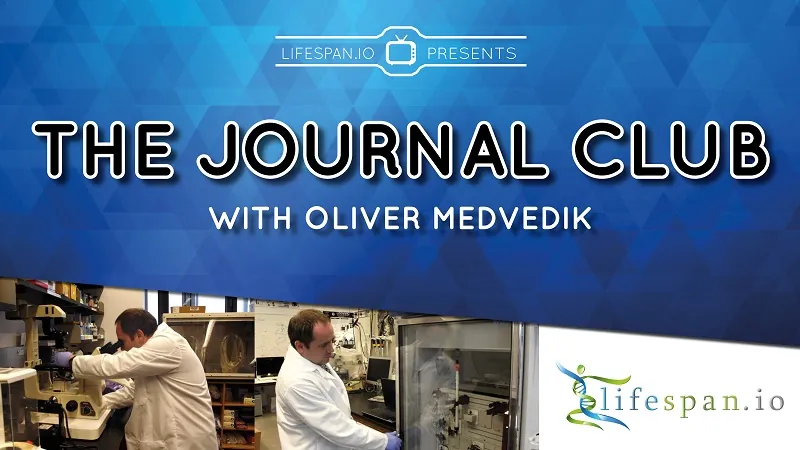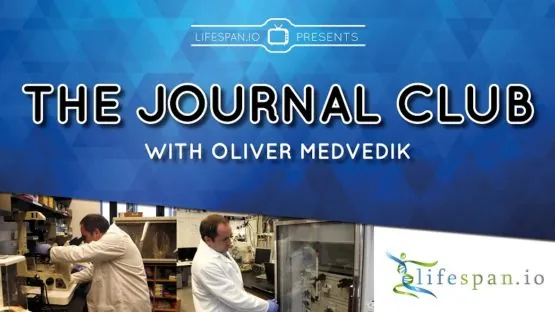The Journal Club returns live on our Facebook page on Wednesday, March 31, at noon Eastern time. This month, we will be taking a look at a new paper from Dr. Maria Blasco and her team that discusses how short and dysfunctional telomeres sensitize the kidneys to develop fibrosis [1].
Accumulation of short telomeres is a hallmark of aging. Mutations in telomerase or telomere-binding proteins lead to telomere shortening or dysfunction and are at the origin of human pathologies known as ‘telomere syndromes’, which are characterized by loss of the regenerative capacity of tissues and fibrotic pathologies. Here, we generated two mouse models of kidney fibrosis, either by combining telomerase deficiency to induce telomere shortening and a low dose of folic acid, or by conditionally deleting Trf1, a component of the shelterin telomere protective complex, from the kidneys. We find that short telomeres sensitize the kidneys to develop fibrosis in response to folic acid and exacerbate the epithelial-to-mesenchymal transition (EMT) program. Trf1 deletion in kidneys led to fibrosis and EMT activation. Our findings suggest that telomere shortening or dysfunction may contribute to pathological, age-associated renal fibrosis by influencing the EMT program.
To do this, we need your support. Your charitable contribution tranforms into rejuvenation research, news, shows, and more. Will you help?
Literature
[1] Saraswati, S., Martínez, P., Graña-Castro, O., & Blasco, M. A. (2021). Short and dysfunctional telomeres sensitize the kidneys to develop fibrosis. Nature Aging, 1(3), 269-283.

Steve serves on the LEAF Board of Directors and is the Editor in Chief, coordinating the daily news articles and social media content of the organization. He is an active journalist in the aging research and biotechnology field and has to date written over 600 articles on the topic, interviewed over 100 of the leading researchers in the field, hosted livestream events focused on aging, as well as attending various medical industry conferences.
His work has been featured in H+ magazine, Psychology Today, Singularity Weblog, Standpoint Magazine, Swiss Monthly, Keep me Prime, and New Economy Magazine.
Steve is one of three recipients of the 2020 H+ Innovator Award and shares this honour with Mirko Ranieri – Google AR and Dinorah Delfin – Immortalists Magazine. The H+ Innovator Award looks into our community and acknowledges ideas and projects that encourage social change, achieve scientific accomplishments, technological advances, philosophical and intellectual visions, author unique narratives, build fascinating artistic ventures, and develop products that bridge gaps and help us to achieve transhumanist goals.
Steve has a background in project management and administration which has helped him to build a united team for effective fundraising and content creation, while his additional knowledge of biology and statistical data analysis allows him to carefully assess and coordinate the scientific groups involved in the project.



